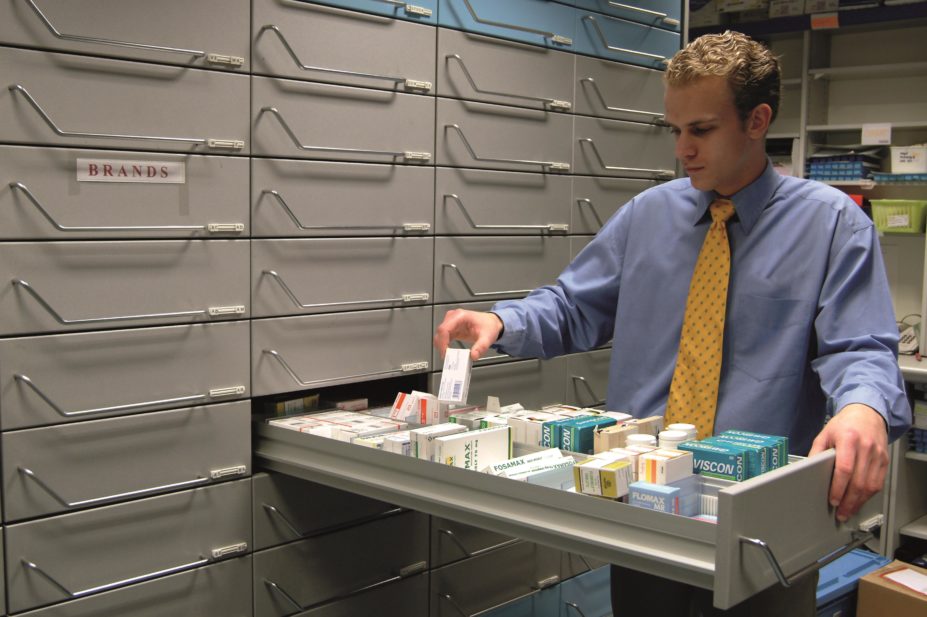
Peter Titmuss / Alamy
Making an inadvertent dispensing error will no longer be considered a criminal offence under plans issued by the four health departments across the UK on 12 February 2015.
The plans appear in a consultation document, ‘Rebalancing Medicines Legislation and Pharmacy Regulation’, published alongside proposed changes to the regulation of pharmacy premises.
The Department of Health says that the proposals, which introduce a defence for dispensing errors made inadvertently, would bring the treatment of pharmacists and pharmacy technicians, who inadvertently make errors, in line with the handling of errors made by other healthcare professionals. Any pharmacy professional who deliberately sets out to harm patients would continue to face prosecution.
Currently all dispensing errors are considered “strict liability offences, which means that a criminal offence is committed even if the error itself is unintentional and regardless of the level of patient impact”, according to the consultation document.
“Removing the threat of criminal sanction for inadvertent preparation and dispensing errors will address a significant fear amongst pharmacy professionals, which is currently inhibiting the reporting of such errors. Ultimately, this change should support increased reporting and learning from errors, thereby improving patient safety and promoting better professional practice.”
Duncan Rudkin, chief executive of the General Pharmaceutical Council (GPhC), says that the pharmacy regulator has “always taken a proportionate approach to dispensing errors and been clear that a single dispensing error where no aggravating factors exist is not a fitness to practise matter”, but removing the threat of prosecution for simple errors would help “establish a culture of openness, honesty and learning” as called for in Sir Robert Francis’ report into whistleblowing in the NHS published on 11 February 2015.
Rudkin adds that the GPhC began setting standards for registered pharmacies in 2012 and that “the proposals in this consultation will provide us with the legal framework to implement a future model for publishing inspection reports, enabling us to take the final step towards enforcement against those standards”.
“The threat of criminal prosecution for reporting dispensing errors has weighed heavy on the profession for too long,” says Ash Soni, president of the Royal Pharmaceutical Society. “The knock on effect has been a reduction in the potential reporting, sharing and learning from errors that will ultimately improve safety for patients and the public.”
The consultation on Rebalancing Medicines Legislation and Pharmacy Regulation runs until 14 May 2015.


